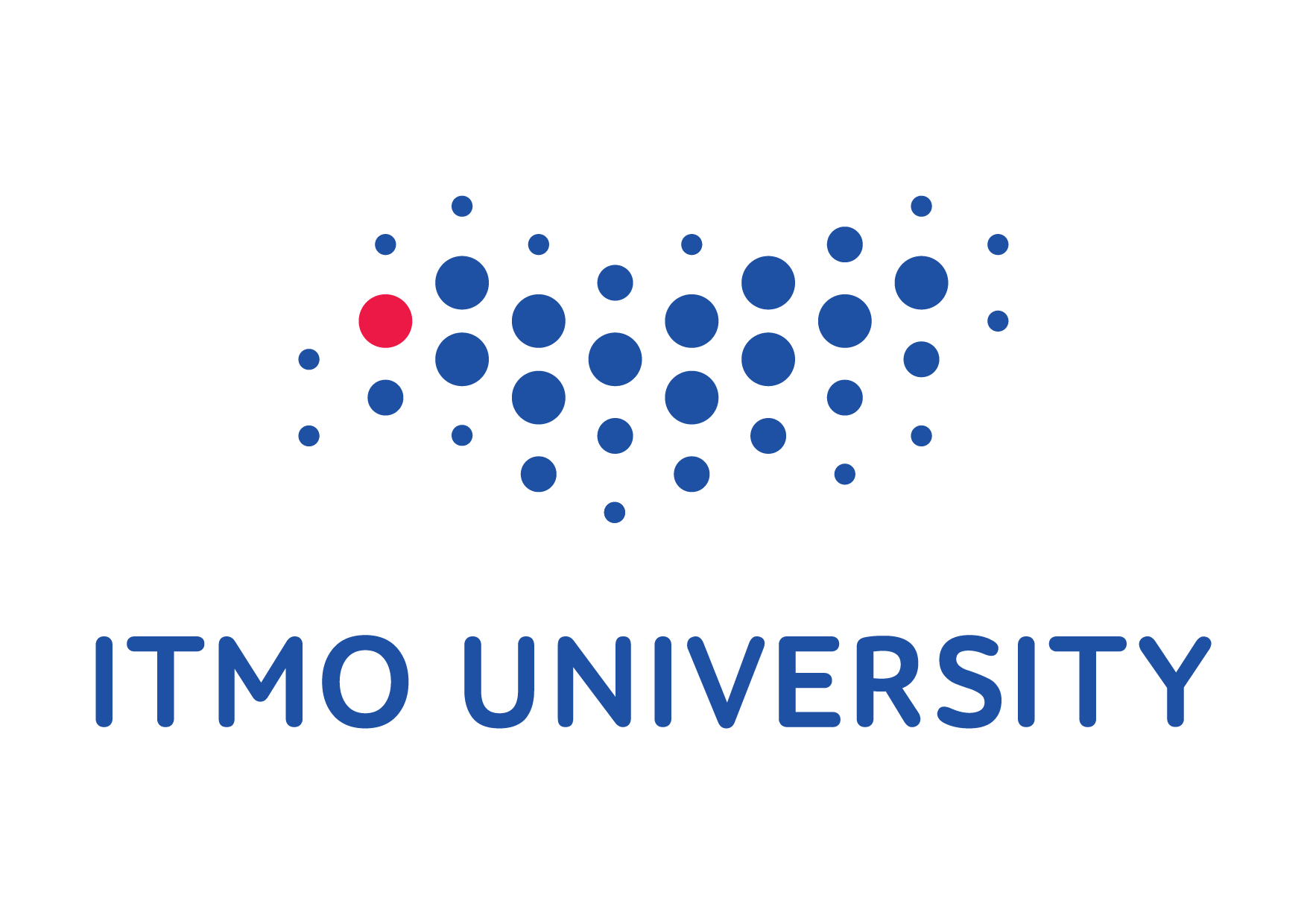ITMO: ITMO Launches Professional Development Program in Applied Metagenomics
ITMO University is opening a new continuous professional development (CPD) program for Master’s and PhD students, as well as researchers from ITMO and other institutions wishing to conduct metagenomics studies, explore novel diagnostic techniques, and alter human microbiomes.
From experiment to result
Metagenomics is a branch of molecular genetics that focuses on microbial communities from a wide range of ecological niches, including water bodies, soil, skin, and even human gut. Through understanding how such communities function, experts can not only reduce water pollution and protect the marine environment but also diagnose and treat various diseases. By analyzing the intestinal microbiota, ITMO researchers have that patients with Crohn’s disease show several strains of Escherichia coli in their bowels. As these strains possess different genomes, they require different treatment, which can be potentially selected using metagenomics analysis.
To help biologists and specialists in medicine and biotechnology master modern metagenomics, ITMO University is releasing a program titled (in Russian), which is developed by experts from the university’s , the laboratory Medical and Biological Center, and the genetic center Cerbalab, as well as lecturers from other universities.
“What makes this program unique is that it was created by the joint effort of high-profile specialists from various universities, as well as leading genetics laboratories and companies specializing in microbiome sequencing and editing. Our students will learn to analyze metagenomics data, apply the principles of microbiome engineering in medicine, and, what’s more, will have the opportunity to practice on real-world cases offered as part of scientific and commercial projects,” shares Anastasia Scherbakova, a program manager and engineer at SCAMT.
Although several other universities offer similar programs, ITMO’s program covers not only bioinformatics but also the use of microbiota analysis in medicine. Moreover, students learn the main aspects of human microbiome and its editing, as well as go through the full cycle of research planning under the guidance of practicing specialists in medicine, biology, and biotechnology.
Courses and formats
The program includes three courses that match the phases of metagenomics analysis, says Lavrenty Danilov, an expert in genetics and bioinformatics, an employee at the Department of Genetics and Biotechnology of St. Petersburg State University, and a lecturer at the Bioinformatics Institute.
“While the first part of the program is a starting point during which students will learn what types of microorganisms live in our intestine and how many of them are there, the second and third parts will teach them to use this data to treat patients,” says Lavrenty Danilov.
Metagenomics and Fundamentals of Bioinformatics will help students properly design a metagenomics experiment and assess the quality of sequencing data, which can be used to obtain a metagenomic profile of samples, assess the taxonomic diversity of the microbiome, and identify unique microorganisms that cannot be detected using classical methods to diagnose each group of patients studied.
Metagenomics in Medicine is designed for specialists who are primarily interested in the role of microbiome in human health. During the course, students will discuss the variety of fields that use metagenomics analysis for diagnosis.
Gut Microbiome and Its Editing Principles will teach students how to correctly interpret the data obtained as a result of metagenomic analysis for medical purposes, as well as learn more about the characteristics of probiotic bacteria strains and how they can be used to improve human health and change the microbiome. At the end of the course, students will learn about the latest trends and prospects of the markets for prebiotics, probiotics, metabiotics, psychobiotics, autoprobiotics, and biobanks.
Students can take one, two, or all courses at once and choose the fitting training format (online or offline). Once students complete the theoretical part of the course, they can test their knowledge by solving clinical cases provided by SCAMT’s and Cerbalab. If they encounter any difficulties, they will be able to consult the program’s lecturers.
Prospects
As noted by the program’s organizers, after finishing the course, students will be able to independently plan and conduct studies to solve applied tasks in various fields.
“This could be, for instance, the analysis of the microbiological content of any environment, from a water body to the human intestine. Our program equips students with knowledge that will help them both conduct bioinformatic analysis and alter the content, which is relevant in medicine. They could learn to fine-tune the gut microbiome to improve human wellness,” notes Elena Koshel, an associate professor at SCAMT and a program lecturer.
After completing the course, participants will be granted unlimited access to study materials and a group chat, as well as diplomas of professional retraining and ITMO certificates if they pass the final test. The most successful graduates might even receive a job offer from Cerbalab or the Medical and Biological Center.
How to apply
The program is designed for Master’s and PhD students, as well as researchers from ITMO and other institutions who specialize in one of the following fields:
bacterial genome analysis;
bioinformatics;
biotechnology;
biostatistics;
genetic counseling;
medical genetics;
molecular genetics.
Students who would like to join the first course should fill out an application form in which they list their scientific achievements over the past three years and share how the training will help them professionally. The form is available and must be submitted before September 25. The deadlines for other courses will be announced later.

